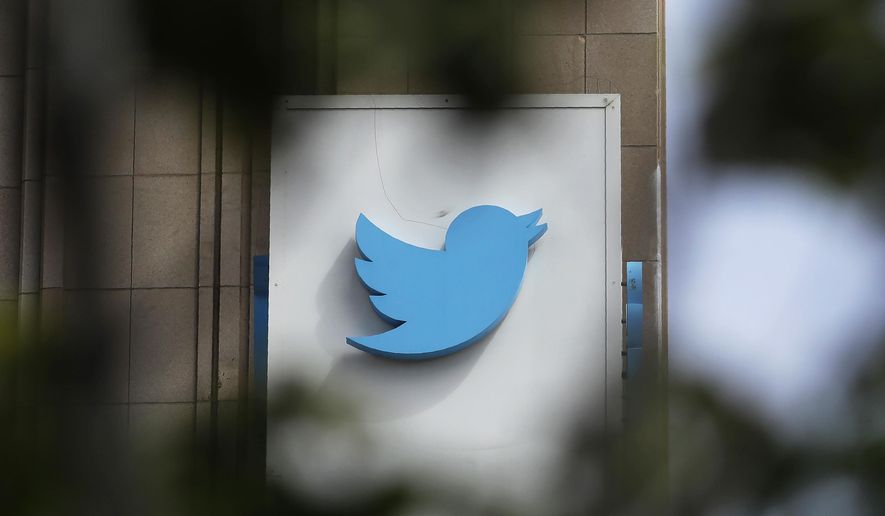A federal appeals court has dismissed Twitter’s lawsuit against Texas Attorney General Ken Paxton, which accused him of retaliating for the social media platform’s ban of former President Donald Trump.
Twitter’s procedural defeat on Wednesday allows Texas’ investigation into Twitter to proceed, though the probe may still get slapped down in the future.
Mr. Paxton launched an investigation into Twitter after it expelled Mr. Trump last year and the Texas Republican issued a civil investigative demand for information about the company’s content moderation policies.
Twitter sued in response and said the demand was government retaliation for speech protected by the First Amendment.
The 9th U.S. Circuit Court of Appeals said Wednesday that Twitter’s case was not ready for a judicial decision. The three-judge panel affirming a lower court’s ruling to toss the case noted that Mr. Paxton had not yet made an allegation against Twitter.
“While Twitter could suffer hardship from withholding court consideration, adjudicating this case now would require determining whether Twitter has violated Texas’s unfair trade practices law before [Texas’ attorney general] has a chance to complete its investigation,” wrote Judge Ryan D. Nelson in the court’s opinion.
“Any hardship to Twitter from the alleged chill of its First Amendment rights was insufficient to overcome the uncertainty of the legal issue presented in the case in its current posture,” Judge Nelson wrote.
The judges’ ruling against Twitter does not spell victory for Mr. Paxton or mean that his investigation will force Twitter to restore Mr. Trump’s access.
The court made clear that determining whether content moderation is protected speech or political censorship is at the heart of the case, and the court said that misrepresentations about content moderation policies are not constitutionally protected speech.
“If Twitter’s statements are protected commercial speech, then [the Texas attorney general’s] investigation would be unlawful if it would chill a person of ordinary firmness from speaking, and if it was caused in substantial or motivating part by Twitter’s content moderation decisions,” the judge wrote.
“But if Twitter’s statements are misleading commercial speech, and thus unprotected, then Twitter’s content moderation decisions would be a proper cause for the investigation, because they would be the very acts that make its speech misleading,” he said.
Mr. Paxton’s office did not comment on the lawsuit’s outcome on Wednesday.
A Twitter spokesperson said the decision did not change the company’s view of Mr. Paxton’s actions.
“In this case, we still believe the Texas Attorney General is misusing the powers of his office to infringe on Twitter’s fundamental rights in an attempt to silence free speech,” the spokesperson said in a statement.
• Ryan Lovelace can be reached at rlovelace@washingtontimes.com.




Please read our comment policy before commenting.